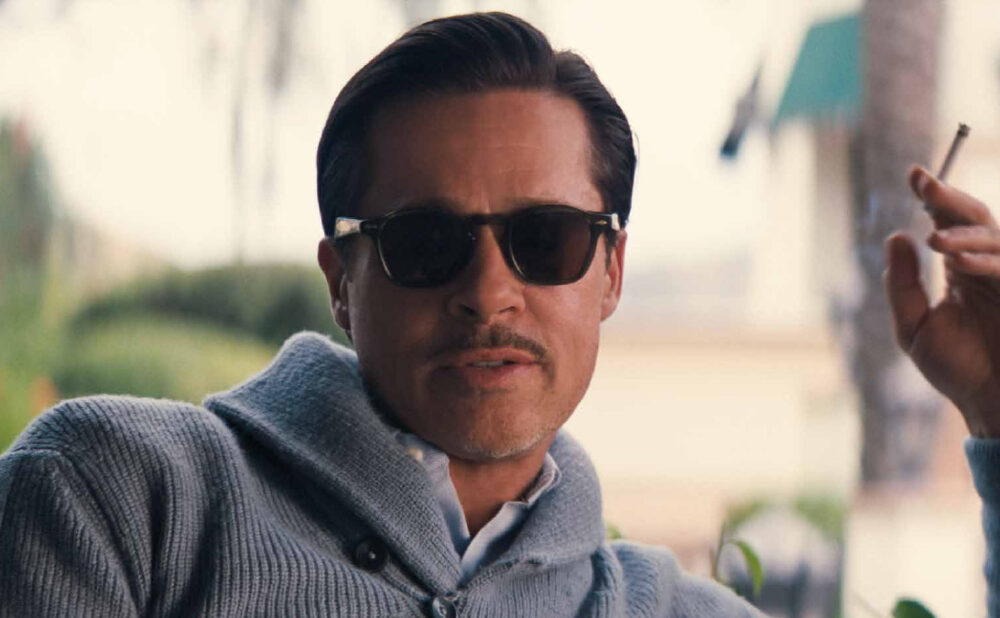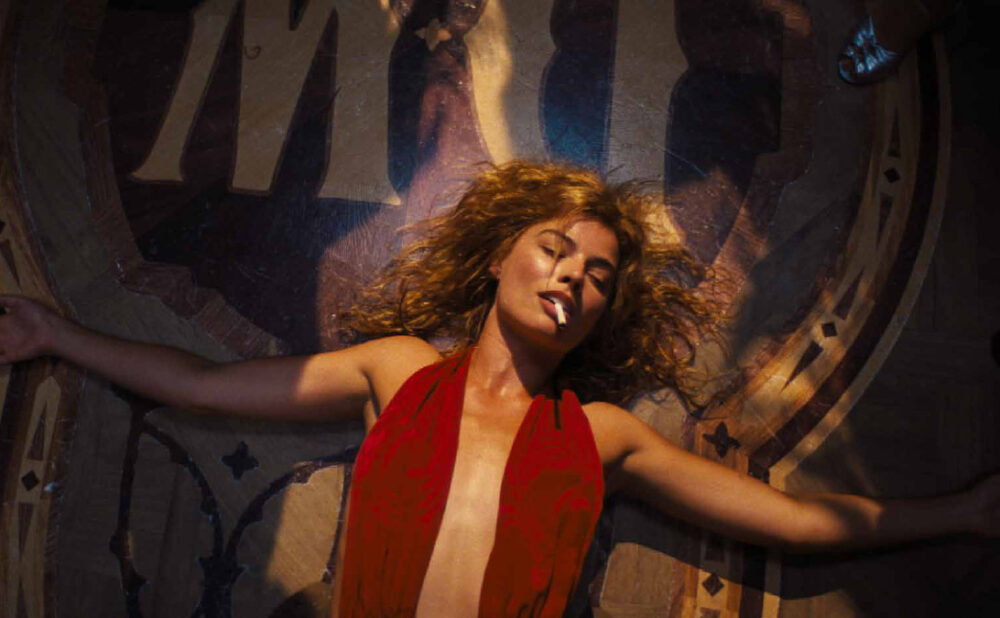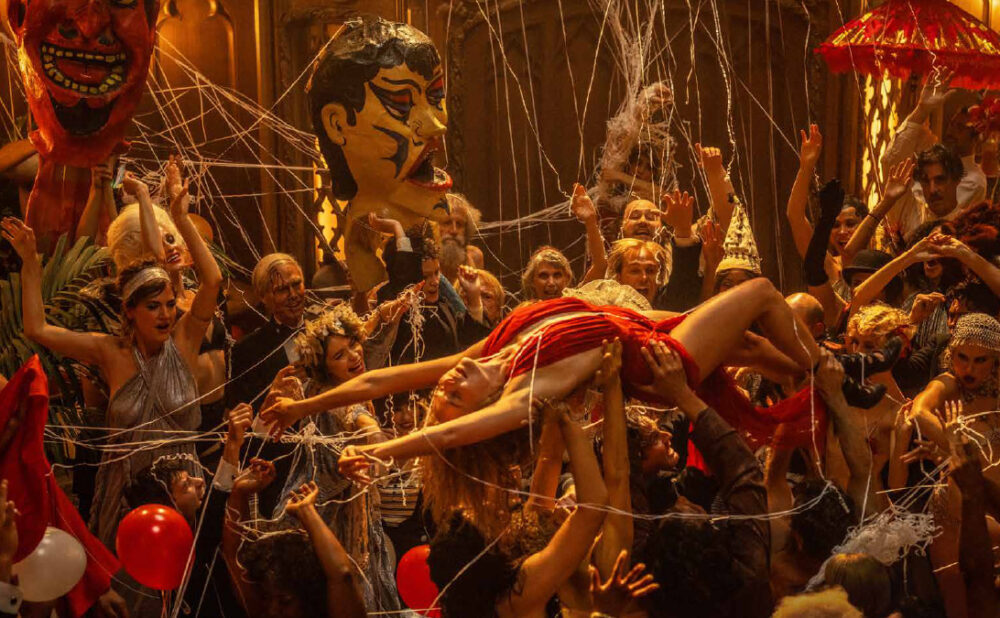Babylon a coke-fuelled journey into Hollywood excess
Oscar-winning director makes mammoth movie mayhem
BABYLON
Where: In theatres
What: Movie, 188 mins.
When: Fri., Dec. 23
Genre: Drama
Why you should watch: One of Hollywood’s hottest young directors, Damien Chazelle (La La Land, Whiplash, First Man) creates lavish, somehow loving look at decadent days of Movieland’s transition from silent pictures to talkies.
One of Hollywood’s hottest young directors, Oscar-soaked Damen Chazelle (La La Land, Whiplash, First Man) creates a lavish, somehow loving look at the decadent and depraved days of Movieland’s transition from silent pictures to talkies.
It’s a marathon of mayhem at over three hours, with cocaine-fuelled orgies and ever-more twisted scenes that somehow lose some of their shock value as bondage babes and S&M dudes become as routine a part of Babylon’s scenery as backlots and movie studios.
To put it in Spinal Tap terms, if 11 is the highest setting, this film starts as a 12 and never comes down. It’s a story of relentless excess and a seemingly endless supply of amoral or even evil people.
Also, an endless supply of cocaine: there are enough sacks of powder to make even Scarface’s Tony Montana scream, “No mas!”
Manny Torres (Diego Calva) is a young Mexican-American desperate to get into the film industry and, like many characters in Babylon, prepared to do literally anything to get there. He gets a face full of elephant crap trying to help a Hollywood producer in one of the film’s earliest scenes and is the closest Babylon comes to a sympathetic character. But he’s more like a pinball than a sentient being, bouncing from one twisted situation to another, with a vague desire to protect a flailing and even more desperate aspiring starlet, Nellie LaRoy (Margot Robbie).
Brad Pitt plays Jack Conrad, an incredibly alcoholic, fading silent-film star made even more out of control by the industry’s shift to sound.
The story, such as it is, is familiar: most of the characters are unredeemable while the images are epic and visually loud as 1,000 big bands wailing in a speakeasy.
Babylon is not the first film to look at early 20th-century Hollywood excess and it’s definitely not one of the best. Like a lifeboat of decency in a sea pestilence, a story like Babylon needs to give the audience someone to cheer for, someone to believe in, with a redemption tale somewhere to be found.
Like Nick Carraway, the narrator in The Great Gatsby, we need someone above the fray, some grounding in the real world, not being fully consumed in the madness. One of the best films ever on this moment in Hollywood, based on a superb novel by Nathanael West, is 1975’s The Day of the Locust, in which a naïve film wannabe serves as a moral compass in a wild Hollywood world.
Somewhere under all the sex, drugs and S&M, Babylon’s director seems to be seeking to salute the Hollywood dream factory, a somewhat random Singing In the Rain reference late in the film appears to be underlining this. But the story is told with the amped-up enthusiasm and rambling lack of clarity of a coked-up partier at 4 am — kind of cool at the time though it goes on forever and ultimately isn’t really about much at all.









